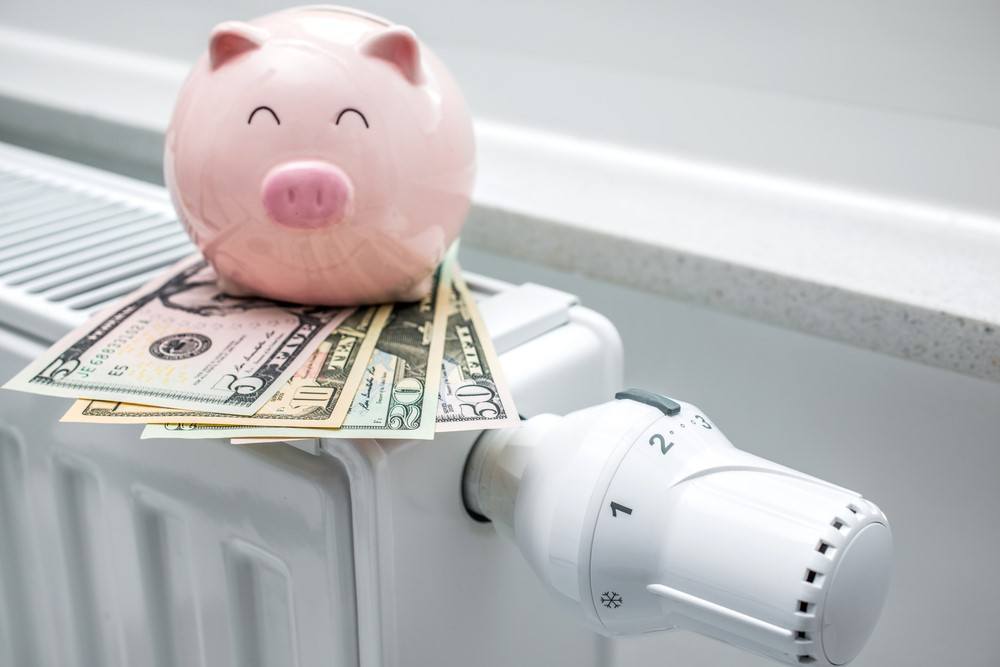10 Ways to Save on your Electric Bill

Especially during summer or winter months, when air conditioners and heaters are running constantly, many people start wondering how they could possibly save on their electric bill.
There are some obvious as well as some not so obvious answers to this question, so let’s take a look at ten ways to save on your electric bill.
1. Fluctuating Prices
A little-known fact is that some electricity providers charge different rates at different hours. That’s because there are “off-peak periods” during which less people than usual require energy. These might include holidays, weekends, and weekdays from approximately 10 p.m. to 10 a.m. In fact, prices can vary by as much as 40 percent, so planning on doing your laundry at night or very early in the morning could save you money.
2. Standby Mode
The “standby mode” was introduced on electronic devices like televisions and computers in the late 20th century. Why? Because people wanted the convenience of being able to switch their gadgets back on without having to wait for them to restart from scratch. This, however, is a source for significant energy-waste that you might not even be aware of. So make sure to shut off or entirely unplug your water coolers, DVRs, chargers (when not charging any devices), electric toothbrushes and razors when you are not using them.
3. High-Energy Appliances
This one is simple. There are appliances that require a lot of energy, such as fridges, washing machines, hair dryers, microwaves, and dishwashers. To save energy, reduce the overall use of these appliances and only use them at capacity (once they are fully loaded).
4. Air Conditioners
Two of the main causes for increased electric bills due to air conditioning are old filters and low Freon coolant levels (especially in outdated units). Both of these factors cause air conditioners to “cycle” and use up more energy. To increase efficiency, clean or exchange the filter or use permanent filters; and make sure the Freon coolant levels are sufficient.
5. Heaters
You can save approximately three percent on heating costs for every one degree you lower the thermostat, according to the Alliance to Save Energy. Also, make sure to turn your electric heater off while you are on vacation because it might keep heating your water even though you are not using it. In fact, a heater set at 140 degrees or higher can cost you more than $400 on a yearly basis just to bring fresh water up to high temperatures, according to the EPA.

6. Windows, Doors, and Cracks
Pay attention to open windows and doors, because the cold or hot air that enters can lower your heater or air conditioner’s efficiency levels. The same thing, even though less noticeably, happens with cracks between your windows (or doors) and their frames. To seal those cracks, you can use foam or draft guards.
7. Old Appliances
Wasting energy was not a big concern in the previous century when it was available at low prices. Now, however, people have not only become aware of their energy bills, but also their carbon footprint on the environment. So manufacturers have introduced more energy-efficient products.
Old appliances, in most cases, use up a lot more energy compared to their newer counterparts. So investing into modern, energy-efficient models could save you money on a long-term basis. Keep an eye out for the “Energy Star,” which is a label that certifies energy-efficiency.
8. Light Bulbs
Another sign that we have entered a new era of energy consumption is that you now have different choices when purchasing light bulbs. Instead of the traditional incandescent bulb, consumers can now opt for LED or CFL models, which last significantly longer and use much less energy while providing the same – or in some cases more – amount of light.
9. Solar Power
If you live in areas where sunlight is plentiful, investing into solar panels could save you a lot of money in the long run. Keeping the fight against climate change in mind, states like California even incentivize consumers to install solar panels by offering deals that lower bills by as much as 30-70%, require $0 down on leasing, and provide panel warranty according to Solar-California.org.
10. Shades
Speaking of the sun, use your window shades wisely. That is, keep them shut during hot days in the summer (to keep it cool inside), and keep them wide open during cold days in the winter (to let the sunlight in and keep it warm inside).
Whether you’re saving for college, increasing your Starbucks budget, or saving to pay for rent, these tips will help you save money on your utility bills. If you need some help with the process, use the Free Benefyd app to get access to an energy-saving report, rebates, and more!


